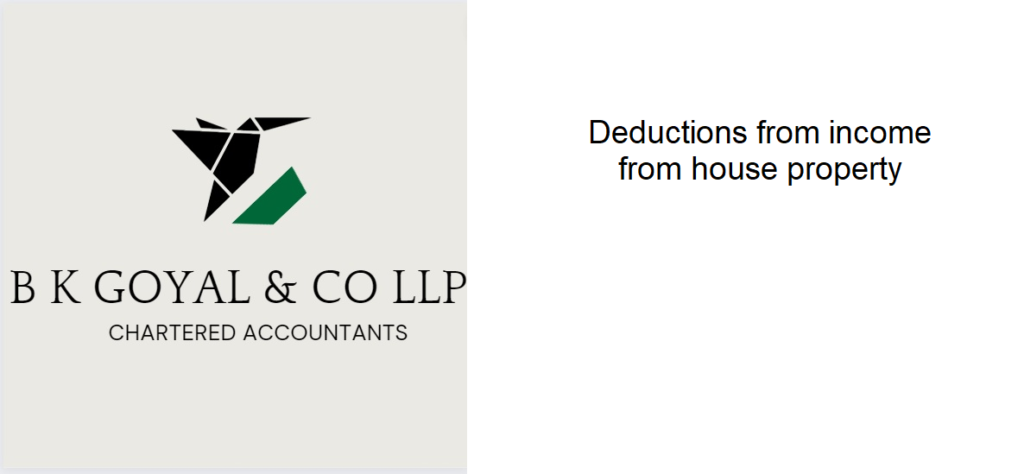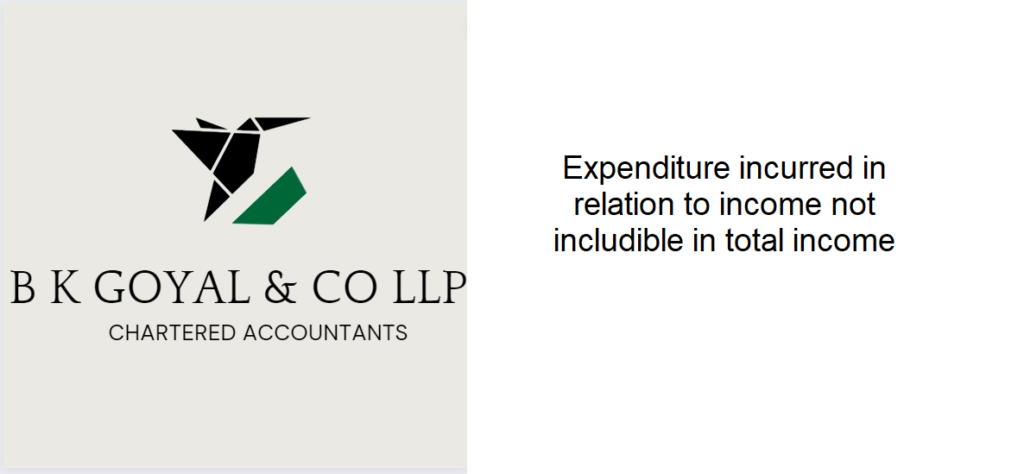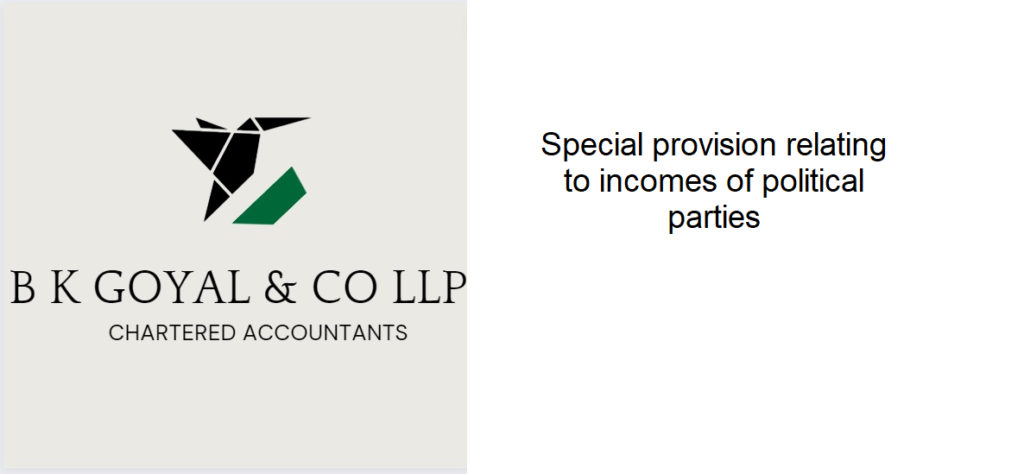Deductions from income from house property
When you earn income from a property that you have rented out or that is deemed to be rented out, it is subject to taxation under the “Income from House Property” category according to the Income Tax Act, 1961. However, there are certain deductions that can be claimed to calculate the taxable income from the […]









